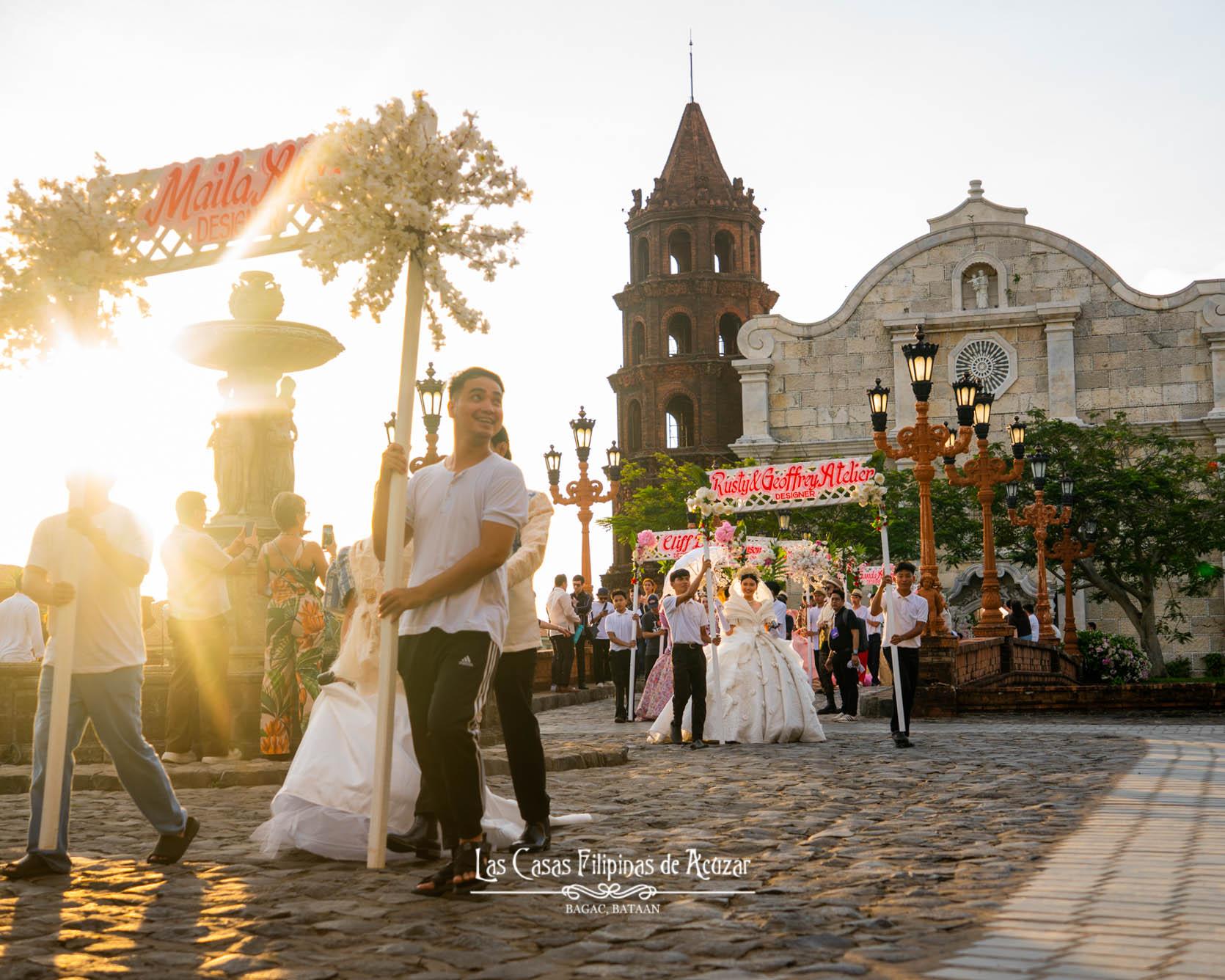
In the heart of Manila’s dynamic theater district, a young actor and director was igniting stages with works that fearlessly tackled societal issues and captured the spirit of the Filipino people. Little did Christopher “Toff” Vera Perez De Venecia know then that his creative voice would one day resound throughout the halls of Congress, championing the very arts that fueled his passion.
Today, as a legislator and the principal author of the landmark Philippine Creative Industries Development Act, De Venecia has emerged as a powerful advocate for the nation’s artistic and cultural sectors. His multifaceted background – spanning theater, film, journalism, and entrepreneurship – has uniquely positioned him to spearhead efforts to uplift Filipino creativity on a national and global scale.
Cultivating a Creative Awakening
“As a legislator, I have taken up the cause of championing the Philippine creative industries and lent it the voice it has sorely needed in Philippine politics,” De Venecia tells Balikbayan Magazine in an exclusive interview, reflecting on his journey from the stage to the legislature.
His experiences as a TV and film actor, columnist, magazine editor, theater director, and founder of acclaimed companies like Sandbox Collective and 9Works Theatrical provided an intimate understanding of the challenges faced by artists and cultural workers.
It was this first-hand knowledge that drove De Venecia’s commitment to craft policies and legislation empowering Filipino creatives. “Having engaged with the stakeholders of a rather overlooked sector during the pandemic, I know what it’s like to be creative in a country that doesn’t seem to value or give you that much support,” he acknowledges. This experience solidified his resolve to be a champion for the arts, culture and creative industries he holds dear.
Landmark Achievement: The Philippine Creative Industries Development Act

One of De Venecia’s most significant legislative achievements to date is the passage of Republic Act No. 11904, or the Philippine Creative Industries Development Act (PCIDA). This groundbreaking law seeks to propel the nation’s economic growth, nation-building efforts, and creative expression, with the ambitious goal of positioning the Philippines as the number one creative economy in the ASEAN region by 2030.
PCIDA provides a comprehensive framework to support and nurture the country’s creative industries, from infrastructure development and promotion to fiscal incentives, subsidized rental schemes, start-up funds, and digitalization grants. “This landmark law provides the necessary framework and support for Filipino creatives, those even abroad, to thrive and contribute to the nation’s cultural and economic development,” De Venecia proudly states.
Amplifying the Filipino Brand Globally
A key legislative priority for De Venecia is leveraging the power of cultural diplomacy to reinforce and promote the Filipino brand and identity on the global stage. His proposed House Bill 10144 seeks to strengthen the Sentro Rizal, converting it into a cultural diplomacy hub attached to the Department of Foreign Affairs.
“The Philippines can make use of cultural diplomacy as a tool to attract more foreign investments, create more jobs, boost tourism, and stimulate economic development, especially in the creative sector,” he explains. By showcasing the nation’s cultural assets – from award-winning actors and musicians to world-renowned chefs, designers, and artists – De Venecia believes the Philippines can espouse a more positive national reputation and foster economic prosperity.
He cites acclaimed talents like actress Dolly de Leon, Broadway star Lea Salonga, chefs, designers, and musicians who have achieved global recognition, asserting, “By leveraging our cultural assets, we can both improve the lot of our people and espouse a more positive national reputation to the international community.”
Supporting Balikbayans and OFWs: A Multifaceted Approach
De Venecia’s legislative efforts extend far beyond the creative industries, encompassing initiatives to support balikbayans and overseas Filipino workers (OFWs) across various sectors. In employment, he has authored laws like the Caregivers Welfare Act, One Town One Product Law to promote local entrepreneurship, the Cultural Mapping Law to equip cultural workers, and the proposed Freelance Workers Protection Act.
In healthcare and education, De Venecia has worked on bills benefiting centenarians, teachers, barangay health workers, and upgrading education services. For balikbayans in the creative sector, PCIDA mandates enhanced support through infrastructure, marketing, fiscal incentives, subsidies, grants, and more.
Fostering Global Solidarity and Economic Gains
De Venecia envisions strengthening ties between the Philippines and its global diaspora communities through cultural exchange programs and nurturing a shared sense of belonging. “Living outside the Philippines, you are on the frontlines of espousing the Filipino brand abroad,” he states, urging balikbayans to showcase Filipino culture through cuisine, films, music, and more.
He believes that by fostering interculturality and equitable interaction between diverse cultures, the Philippines can generate shared cultural expressions, ultimately leading to international solidarity, cooperation, and domestic economic gains. “This is where my Sentro Rizal Bill comes into play,” he explains, envisioning a platform for cultural exchange and mutual respect.
Approach to National Development
While championing the creative industries remains a core focus, De Venecia acknowledges the multifaceted challenges Filipinos face today. “Challenges such as poverty, healthcare access, unemployment, and environmental degradation persist,” he states. Addressing these issues, he believes, requires a comprehensive approach involving government initiatives, inter-agency collaborations, private-sector partnerships, and community engagement.
In the creative sector, limited access to funding, inadequate infrastructure, and regulatory constraints often impede the growth of enterprises, particularly at the local level. To overcome these barriers, De Venecia emphasizes the importance of private sector involvement, as outlined in PCIDA. Initiatives like the Philippine Creative Industries Development Council and Local Culture and Arts Councils aim to promote regional investments and leverage expertise from the private sector to drive national development.
A Resounding Call
As De Venecia conveys to the readers of Balikbayan Magazine, the path to elevating Filipino creativity on the global stage requires collective effort and unwavering determination. “A warm salute to each of you for being the backbone of the Philippine economy, sending billions of dollars in remittances back home each year. Truly, you are the epitome of Filipino resilience,” he acknowledges, recognizing the invaluable contributions of the diaspora.
Drawing inspiration from the 2005 UNESCO Convention, which recognizes cultural diversity as a rich asset for sustainable development, De Venecia urges balikbayans to embrace and celebrate their cultural heritage. “Prepare Filipino dishes, frequent Filipino restaurants, binge-watch or produce Filipino films and dramas, listen to or perform Filipino music. There are many ways to promote and celebrate the creativity that makes us unique,” he encourages.
In his passionate call to action, De Venecia’s voice resonates with a profound sense of purpose – a purpose rooted in his personal journey, his artistic soul, and his unwavering belief in the transformative power of creativity. “Let us all work hand in hand in elevating Filipino creativity to the global stage,” he implores. “For truly, #TheFutureIsCreative.”






